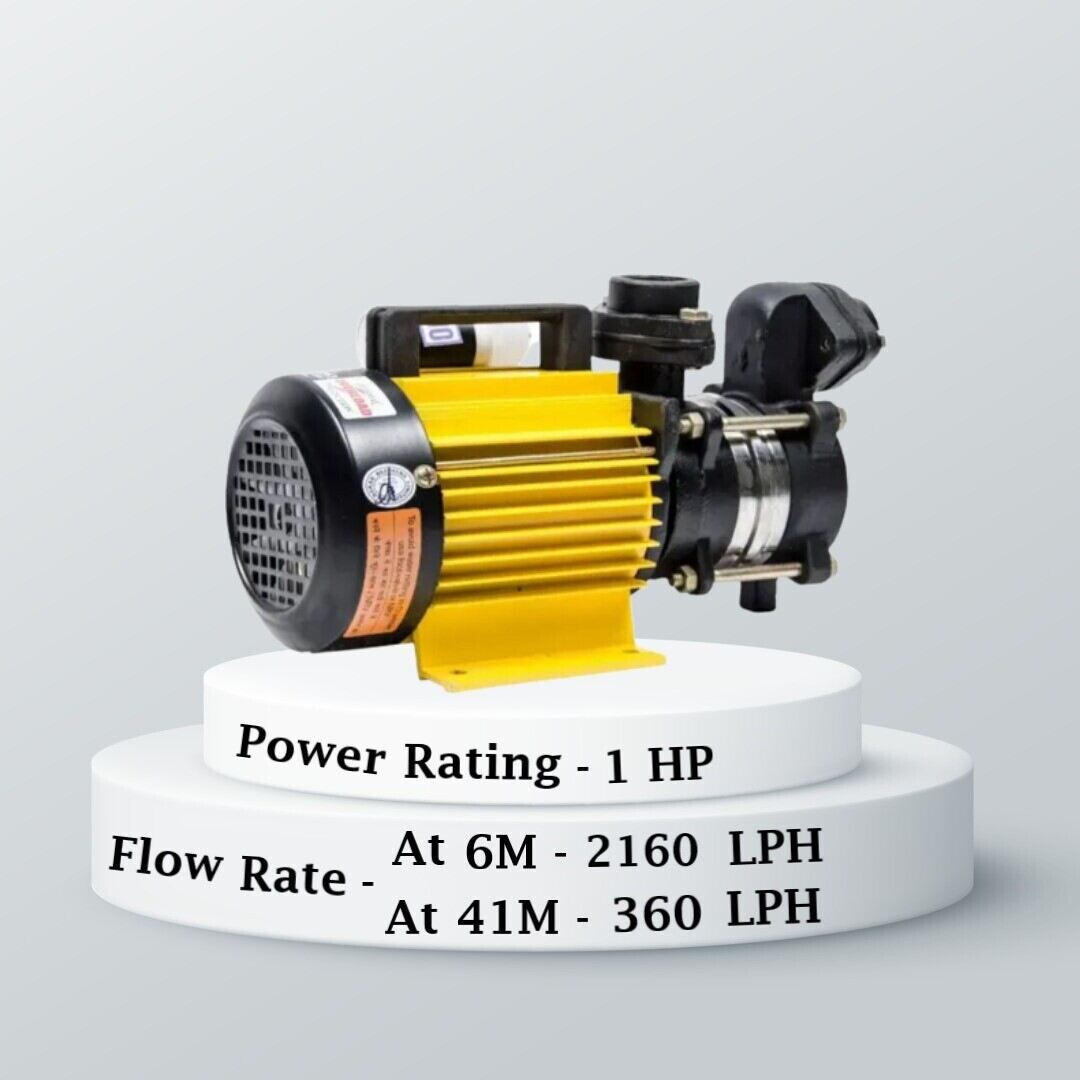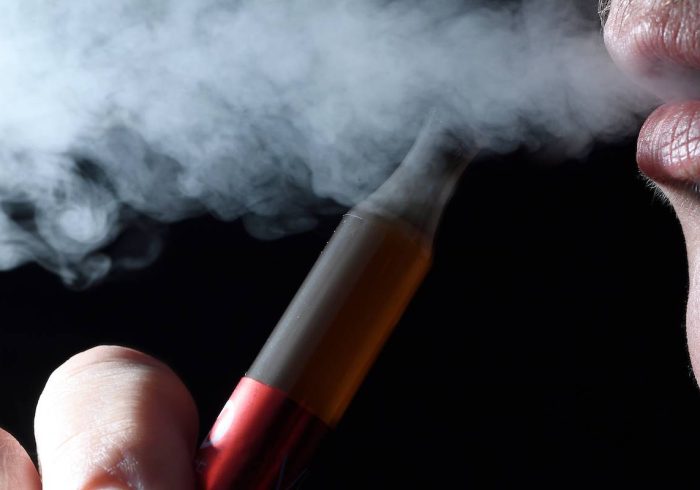Inspections must be performed every day. Note any anomalies and make a note of them including bearing temperatures, noises, vibrations, or power consumption.
Find debris inside your suction pipes (such as stones or twigs). The high-pitched sounds of clicking or popping can be a sign of cavitation.
Essential Pump Care
If your pump is suffering from issues that suggest it is nearing the end of its lifespan, like low water pressure, consult a technician immediately. It could be as easy to identify a circuit breaker that has tripped or tank that is not at a high pressure. It is important to address this issue as fast as possible. This will help you save money on replacement.
Inspections on the water pump are necessary in order to find any potential problems or abnormalities. To clean and remove any buildup of sand, or other particles on the pump, it is recommended to conduct inspections. The water pump must be inspected for cracks, corrosion and any other issues.
Cavitation and worn bearings can create strange sounds or vibrations within the water pump. This can affect the effectiveness of phot may bom the pump, lead to energy loss and shorten its life span. If you ignore these indicators, you could cause worse difficulties.
Maintenance Prevention
Without proper maintenance pump maintenance, they can turn into costly problems. Preventative maintenance is a great way to cut down on emergency costs, such as repairs and staff, overtime pay, machine shut down as well as overnight delivery of parts and numerous other things.
In order for your pump to function effectively, it’s vital to conduct periodic inspections. Inspections may uncover a myriad of problems that range from high-pitched sounds to grinding dirt in the pump (cavitation), vibrations and sealing chamber leaks.
It is best to implement the daily regular routine, either weekly or monthly to maintain your pump. Included in this are physical inspections and lubrication and differential pressure checks and evaluations. In addition, it is important to check the alignment of the shaft and motor bearings. You should also examine the shaft bearings for cracks, grooves or pits and verify that the mechanical seal is not damaged.
What are the best ways to ensure that you get the most durable water pumps
A simple preventative maintenance routine can assist to avoid numerous issues with water pumps. This may involve avoiding contamination of the coolant by oils or other chemicals and making sure the tank is airtight and regularly inspecting the blades. Performing these tasks on a regular basis will keep the water flowing smoothly and help to prevent the expense of repair.
Other important preventive maintenance includes storage of the pump in a proper manner. It is essential to make sure that rust and other corrosion do not damage the interior parts. The pump can be stored in a drier setting to reduce the risk of corrosion.
It’s a good method to examine the water pump on an ongoing on a regular basis. Clean oil is able to keep rotating components lubricated, and reduces friction which can result in premature wear.
Maintenance of Industrial Water Pumps
Pumps keep your facilities moving, and you can easily forget how vital they’re. If your pump is damaged and fails, it could be a huge disruption to the operations of your facility.
An organized checklist of regular maintenance is crucial to keep your equipment functioning optimally. It will save you money on repairs and production losses.
Inspection of a motor for noise, vibration and electrical connections, as well as leaks are essential. If the performance of your pumps isn’t optimal, you can identify this through monitoring operational parameters like differential pressure, rpms efficient points and power requirements and the voltage.
In addition to the replacement and draining of mechanical seals, an effective maintenance plan will consist of draining wet ends. The seal’s mechanical component will stay well-lubricated, and will prevent excessive corrosion. To reduce vibrations and noise from other machines and the floor, store your equipment in a space with a dry surface. You can also think about using pallets or blocks. Secure your equipment using a clean, dry tarp, to avoid condensation.



